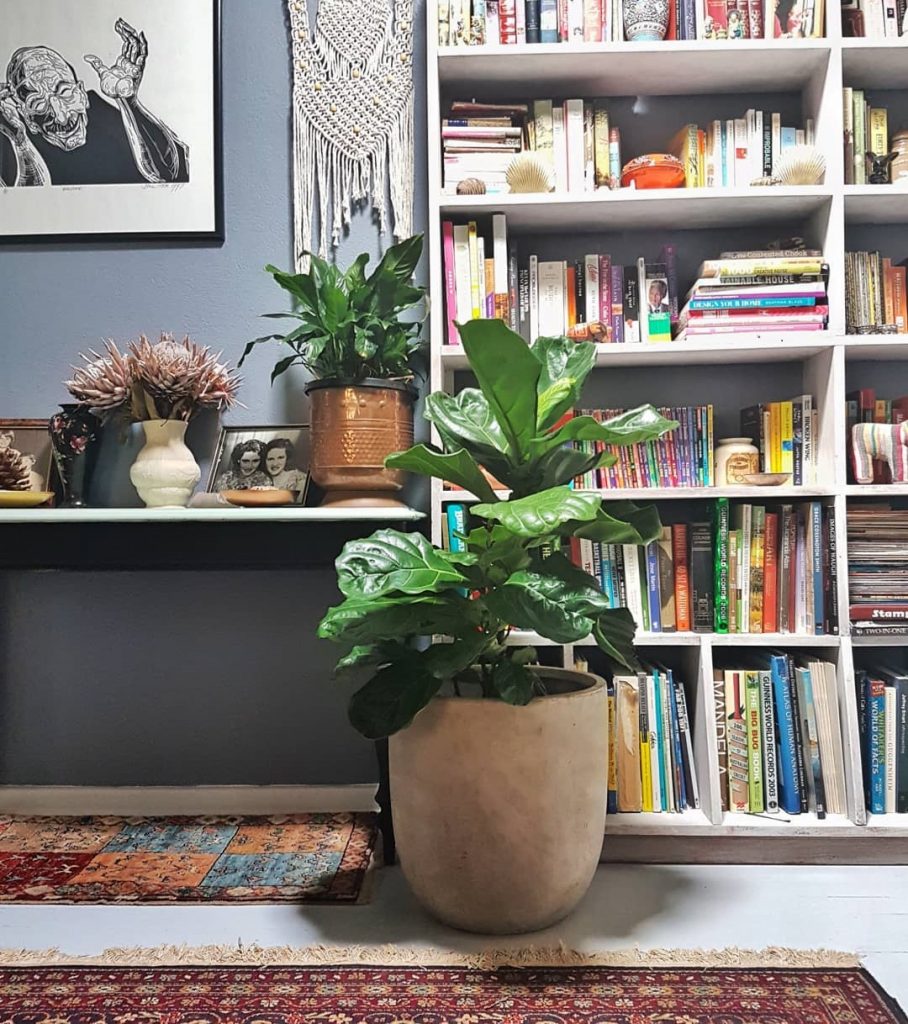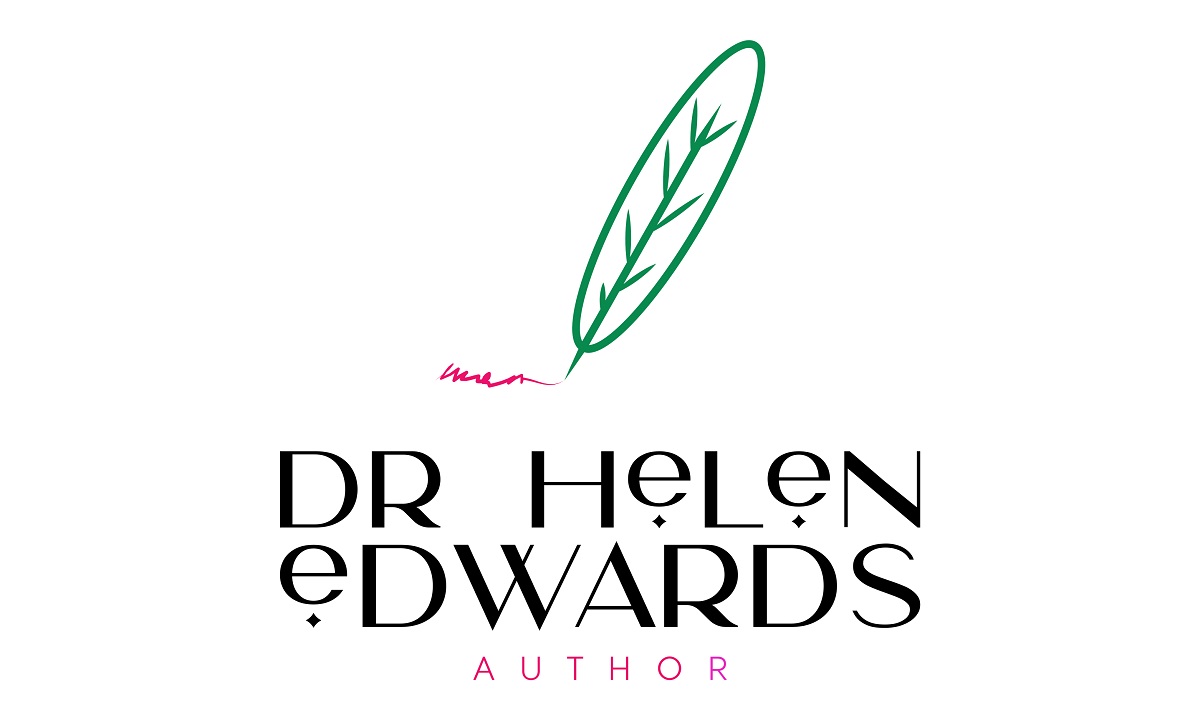How Books Can Help Your Children

Do you have a favourite book from childhood? I have far too many to list, but will add The Famous Five, Trixie Beldon, Anne McCaffrey’s Dragon series, Watership Down and Anne of Green Gables, to highlight but a few. I was also reminiscing with my mum recently, about the magic of Alice Through The Looking Glass, and how I still remember the thrilling feeling of going through the mirror with her, to a fantastical world.
Books are always important to children’s lives. They support language and critical thinking development, learning about managing their lives, behaviour and emotions. Books build creativity and possibilities, develop problem solving and lateral thinking, provide an escape and a grounding. They let children see themselves from the outside and acknowledge how they feel on the inside. Children’s experiences of emotions and the world are very different from adults and it can be hard sometimes to remember just what it was like when you were small.
During difficult times, including dealing with Covid19, or at any other time you and your children are facing something tough, reading is a fantastic tool to help them (and you!) through. There are so many amazing Aussie children and young adult authors to choose from. Remember the book doesn’t have to specifically be about the exact issues your child is facing. It’s about using the character journeys, situations, problem solving, achievements, difficulties, challenges and settings, to connect your child to whatever is happening in their own lives.
Here are some tips:
1. Select books with your children, involve them in choosing what to read. Never stop them from choosing something they like, for example graphic novels and comics. These can be a wonderful addition to their library.
2. Include a variety of genres, formats, characters and topics.
3. For younger children, pictures tell a lot of the story, so look for excellent illustrations and allow them to point, pick out and discuss, elements of these. Sometimes the pictures are the most powerful component of a children’s book.
3. Read with them. Even when they’re independent readers, sharing books enriches the experience and reading aloud is very different to silent reading. Encourage both.
4. Read yourself! Model a love of books.
5. Discuss stories, deepen their understanding of the themes together through chattting later about what happened and how a character dealt with a problem. Do this at home and out in the world.
6. Encourage them to write their own stories and read them to you.
7. Read books just for fun, books for a fantastic adventure that takes them away, inspiring books and realist books.
8. Use the characters experiences to reflect what’s happening in your own lives – a story about a character who overcomes great challenges, for example, can be used to reflect your experiences with Covid19 or bushfires or family breakdown or bullying or any other problems.
8. Removing the child from the problem and identifying with a story character, can really help them to decentralise their own problems, see problems as outside of themselves, that they are not the problem and that you can tackle them together.
So get reading!
Helen x
